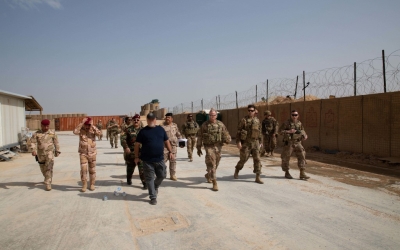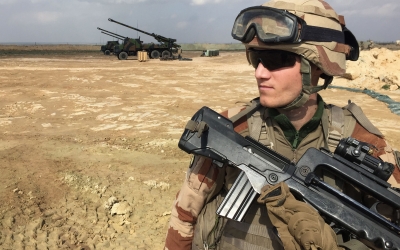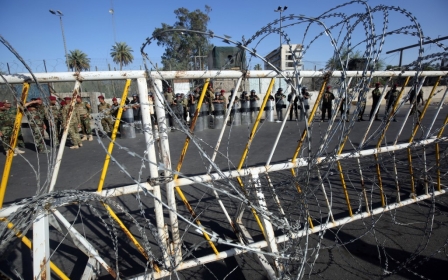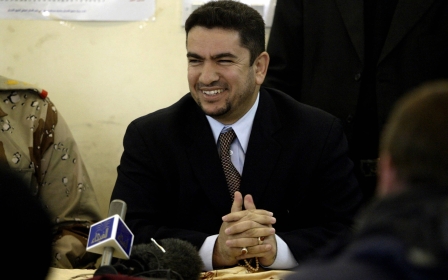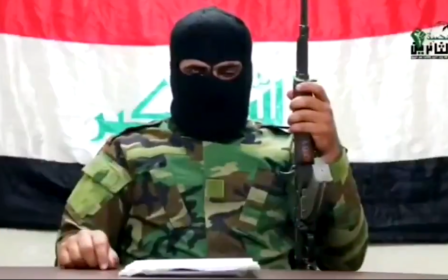US deploys extra Patriot missiles to Iraq amid troop drawdown
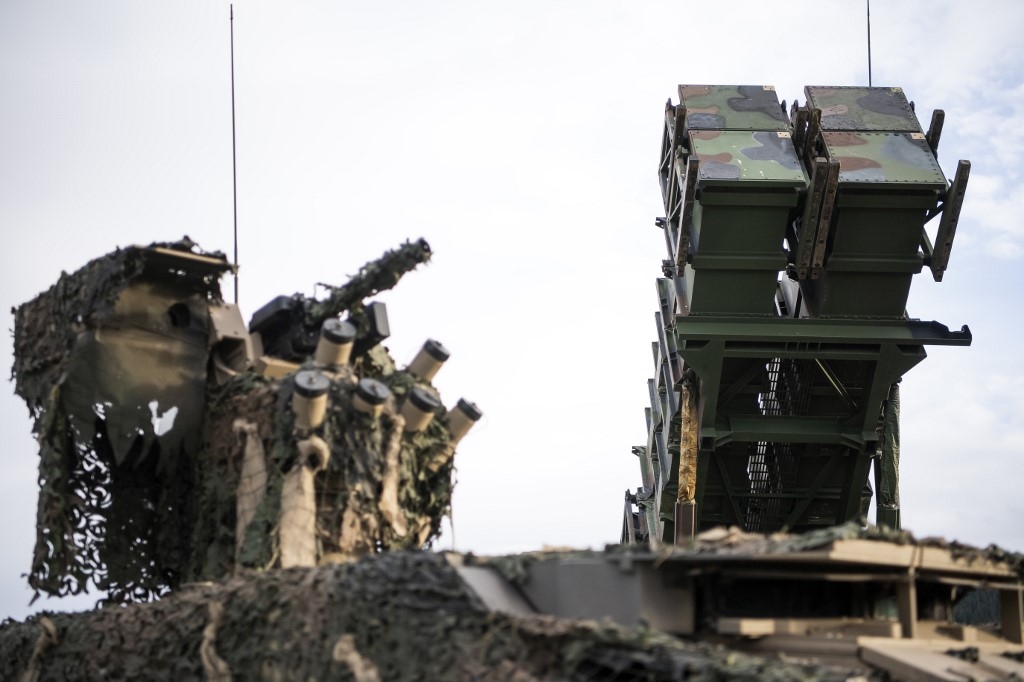
The United States has deployed Patriot air defence systems to an Iraqi military base as a precaution against Iranian-backed militia attacks, US and Iraqi military sources have said.
One of the Patriot batteries was deployed to the Ain al-Asad base last week and was being assembled, according to a US defence official and an Iraqi military source, AFP reported.
The base was targeted by Iran in January, following a US strike that killed top Iranian General Qassem Soleimani.
The US is planning to send another two Patriot batteries to Iraq, although the systems are still in Kuwait awaiting deployment, a US official said.
Another battery was deployed to a base in Erbil, the capital of the Kurdish Regional Government (KRG), an autonomous region in Iraq.
The Patriot systems are composed of high-performance radars and interceptor missiles that can track and destroy incoming ballistic missiles while they are still in the air.
Washington and Baghdad have been negotiating the placement of the defence system for months, as tensions between the US and Iran show no signs of cooling off. But it was not immediately clear whether the US had ultimately received the Iraqi government's approval.
Most of the violence that has taken place between the US and Iran has taken place on Iraqi soil.
Following the US's deadly January strike against Soleimani, the Iraqi parliament called for the US to withdraw all of its forces, a request the US government has largely ignored.
Iraq, which considers both countries its allies, had resisted the deployment of the extra Patriot missiles because it feared Iran would see it as a threat and further ramp up tensions.
Top Iraqi officials who met US Central Command chief General Kenneth McKenzie in February suggested Washington could grant Baghdad some political "cover" by reducing its troop presence in Iraq as it deployed the missiles. And in recent weeks the US-led coalition has significantly drawn down troop levels in Iraq.
'Fewer bases and with fewer people'
On Monday, the alliance pulled out of a military base in the northern city of Mosul, the fourth location it has withdrawn from this month.
US coalition officials have said the ultimate aim is to continue the US's support for Iraqi forces battling extremist groups like the Islamic State (IS) group, but "from fewer bases and with fewer people".
The alliance is also temporarily withdrawing hundreds of trainers, as Iraq's military has halted all training since early March to minimise the risk of the novel coronavirus pandemic spreading among its forces.
"The US objective for the Patriots is to protect its troops that are now at a smaller number of bases," a western diplomat in Baghdad told AFP.
On Monday, Iraq's caretaker prime minister Adel Abdul Mahdi warned against any "offensive military action without the approval of the Iraqi government", but did not specifically mention the Patriots.
The statement from his office also objected to what it described as "unlicensed planes" in various parts of Iraq.
The US-led coalition is required to get approval from the Iraqi government to fly any surveillance drones and planes, but those permissions expired in early January and have yet to be renewed.
The US had kept the drones in the air anyway, a senior American defence official told reporters, after months of rocket attacks on Iraqi bases hosting foreign troops.
Washington has blamed the attacks on Iran-aligned elements of the Hashed al-Shaabi, a militia network formally integrated into Iraq's security forces.
On Wednesday, the Iraqi government said France, a member of the US-coalition, had begun withdrawing its troops from Iraq after coming to an agreement with the Iraqi government.
Middle East Eye delivers independent and unrivalled coverage and analysis of the Middle East, North Africa and beyond. To learn more about republishing this content and the associated fees, please fill out this form. More about MEE can be found here.


